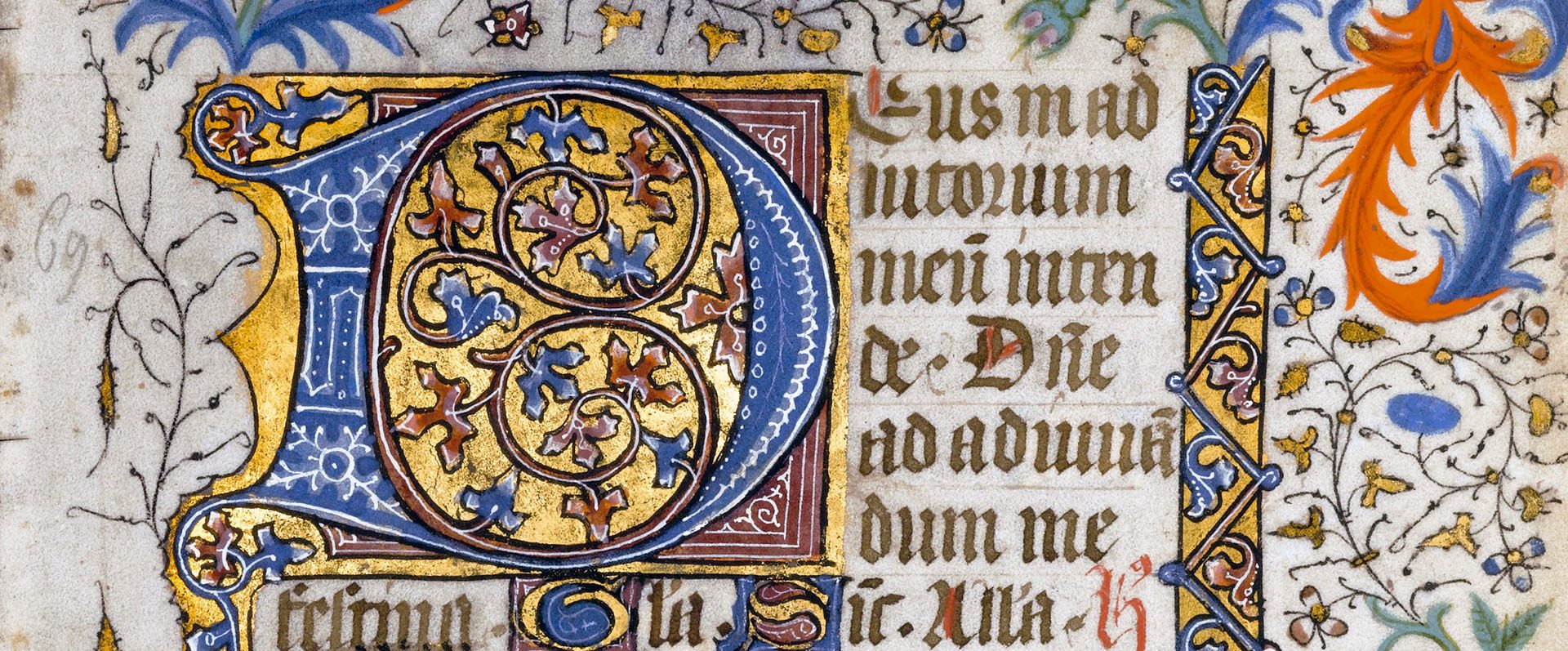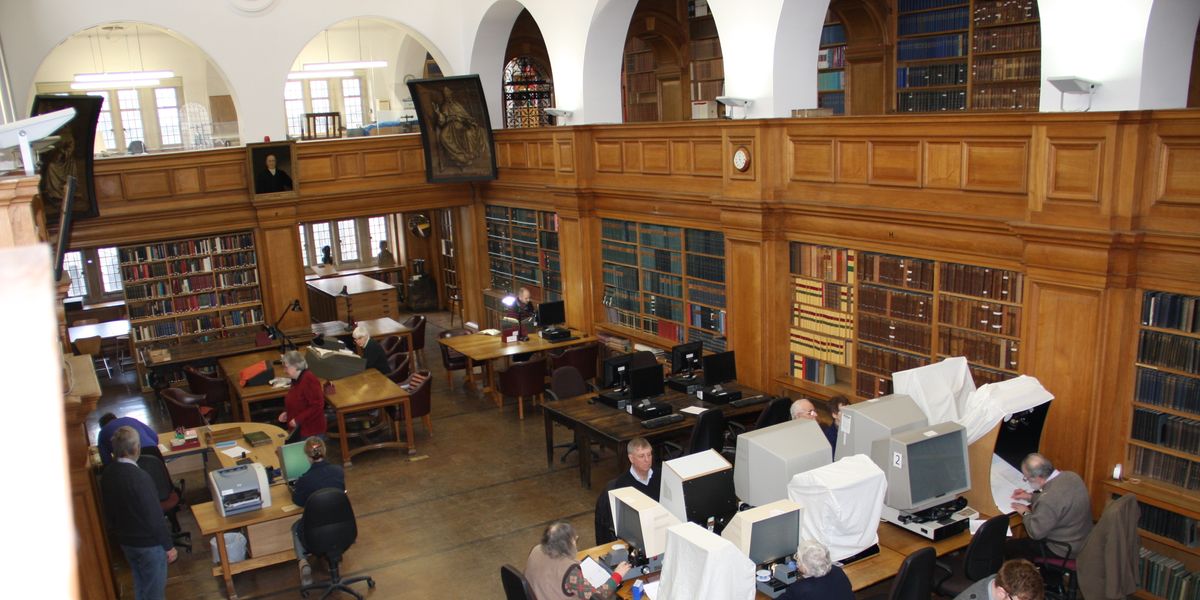Canterbury Cathedral Archives and Library
The Cathedral Archives and Library hold a fantastic and varied collection of historic records, including manuscripts, photographs, maps and printed books dating from the late 8th century up to the modern day. These cover a range of themes including national and local history, politics, travel, natural science, medicine, church history, and theology.
You can explore the archive holdings using the Cathedral Archives catalogue and the Cathedral Library’s holdings through LibrarySearch.
To find out more, you can visit their website.
Some highlights of the collections for History students are:
- Medieval archive of the Cathedral – You have a UNESCO UK Memory of the World Register collection on your doorstep! As well as the medieval records of the Cathedral dating from the 9th century onwards, the collection also includes treasures such as the Accord of Winchester, which has the signature of William the Conqueror on it, and illuminated books of hours.
- Medieval archive of the City of Canterbury – The records of the City of Canterbury date from c.1155 to modern day. These include royal charters such as that of Henry II (our earliest surviving city charter), and records of the city court and jail.
- Medieval and Early Modern printed literature – We have a wonderful selection of incunabula and works such as Dives and Pauper (1496), early modern editions of Chaucer, a Shakespeare Second Folio, rare surviving play quartos, and works by Spenser, Dryden, Kyd, and Aphra Behn amongst many others.
- Early Modern proclamations and politics – Some highlights include official printed proclamations (from Henry VIII through to Queen Anne), city charters, and the handwritten diaries of Elizabethan courtier and politician Sir Arthur Throckmorton.
- English Civil War, Commonwealth, Restoration, and the Glorious Revolution pamphlets – We have a fantastic collection of 17th century pamphlets covering news, events, and debates on both a local and country-wide level. Highlights include coverage of Canterbury’s “Plum Pudding Riots” and the Kentish uprising, King Charles’ speech on the scaffold, and pamphlets surrounding the invasion of William, Prince of Orange.
- Early Modern and 18th century medical books – The collections include a number of herbals and botany books, volumes on surgery, anatomy, and medicine, and health guidance such as how to prevent and cure the plague (1636).
- Medieval to Georgian travel and exploration – We have a fantastic range of printed accounts of travels to far-flung countries across the world, from a 1477 guide to Rome to voyages of the known world in the early 19th
- Slave trade debate pamphlets – These include books and pamphlets formerly belonging to the abolitionist Sir Robert Harry Inglis, MP, as well as several books formerly owned by William Wilberforce. The works include arguments both for and against the slave trade.
- Victorian material – This includes editions of the Illustrated London News (1852-1863, 1897, and 1937) with articles covering events such as the death of Prince Albert and the progression of the American Civil War, as well as smaller pieces on fashion, and crime reports. We also hold a Victorian woman’s scrapbook: a fascinating insight into what interested women of the era.
- World War I – Both the City and the Cathedral hold material from WWI. Highlights include records from the Dane John and St Augustine’s College VAD Hospitals (including patient records, accounts, and photographs), the war diary of F. S. Maxted (1914-1920), papers relating to the Canterbury and District War Work Depot (1915-1919), a child’s ration book, and a circular letter concerning the role of women after the war.
- World War II – The Cathedral’s and the City’s holdings include bomb maps for Canterbury, and letters relating to the war memorial. We also hold Canterbury’s civil defence records, which cover death and injury records, air raid protection, the home guard, evacuation, and war damage.
- Canterbury Cathedral Archives and Library work closely with Special Collections & Archives to offer teaching, events and collaboration that spans both institutions’ collections.

